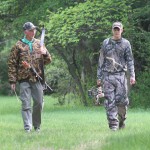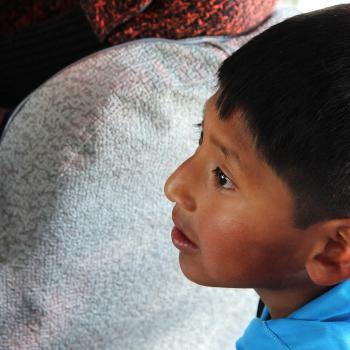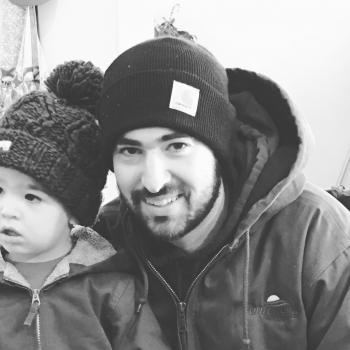I say no a lot as a parent. My son asked if he could watch the Broncos game with friends on Sunday. “Not tonight, Bud.” A few moments later, my 8-year-old daughter, the breadaholic, asked if she could have a third dinner roll. “Nope.” Later, all three of our kids asked if they could stay up late. “Not going to happen. Love you.”
I’m not an ogre…I do also say yes quite a bit. The amount of requests I field every day gives me ample opportunities to employ both responses. But the point is: I’m not afraid to deny a request from three of the people I most love in this Universe. Saying no to our children is vital in teaching them that they don’t always get what they want when they want it. And this lesson is essential in preventing narcissism.
How hurtful is narcissism? It’s not only the underlying cause of a self-centered life; it’s often the source of the cruel, hate-filled bullying we’re reading about in the news. On September 9, 2013, 12-year-old Rebecca Sedwick committed suicide by jumping off of a concrete silo. She took her life after two girls bullied her online, telling her to “drink bleach and die.” I can’t express how sad I feel for Rebecca’s family, and for us as a society. I had been hoping that the two young girls that bullied Rebecca were also feeling this sadness, but I learned today that one of them wrote on her Facebook account: “Yes I know I bullied Rebecca and she killed herself and I don’t give a f__k.”
Where does this contempt and hatred for others come from? For years, we thought it came from low self-esteem. It turns out that it often comes from quite the opposite—a highly inflated, over-estimated view of self. Jeane Twenge and Keith Campbell, authors of The Narcissism Epidemic: Living in the Age of Entitlement, write:
“[I]t’s usually not low self-esteem that causes a kid to become a bully. Much more often, it’s narcissism: narcissistic kids fight when insulted, not the low-self-esteem kids (who are likely to do nothing).”
The hearts of our children are mysterious, and we certainly can’t control them. But we do help form them, and occasionally using the words “nope,” “nada,” and “not a chance,” help our kids develop into healthy, thankful souls. We all want to be awesome parents, but this doesn’t mean that we have to keep our kids happy all the time. It means we should try to help them realize that all of life is a gift—one giant underserved gift from God. The occasional no helps keep this in perspective.
I like how Cloud & Townsend state it in their book, Boundaries with Kids:
“The child’s protest does not define reality, or right from wrong. Just because your child is in pain does not mean that something bad is happening. Something good may be occurring, such as his coming to grips with reality for the first time. And this encounter is never a happy experience.” (Grand Rapids: Zondervan, 1998, pg. 140)













